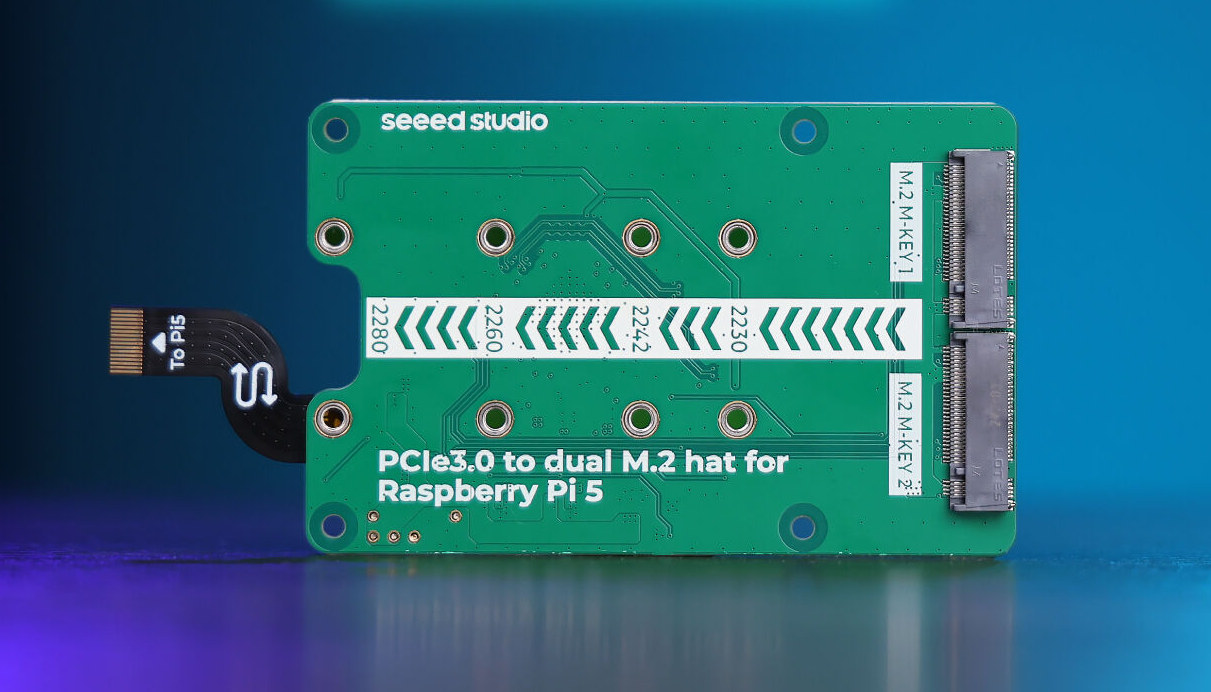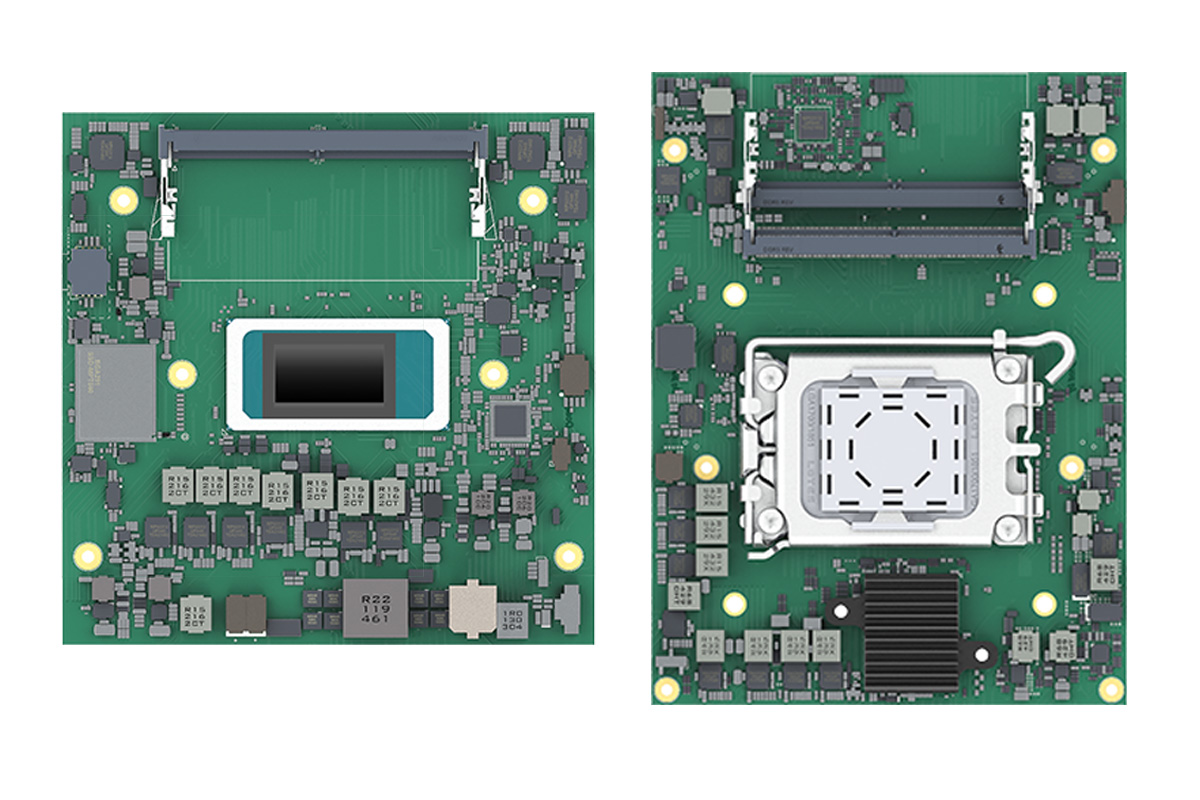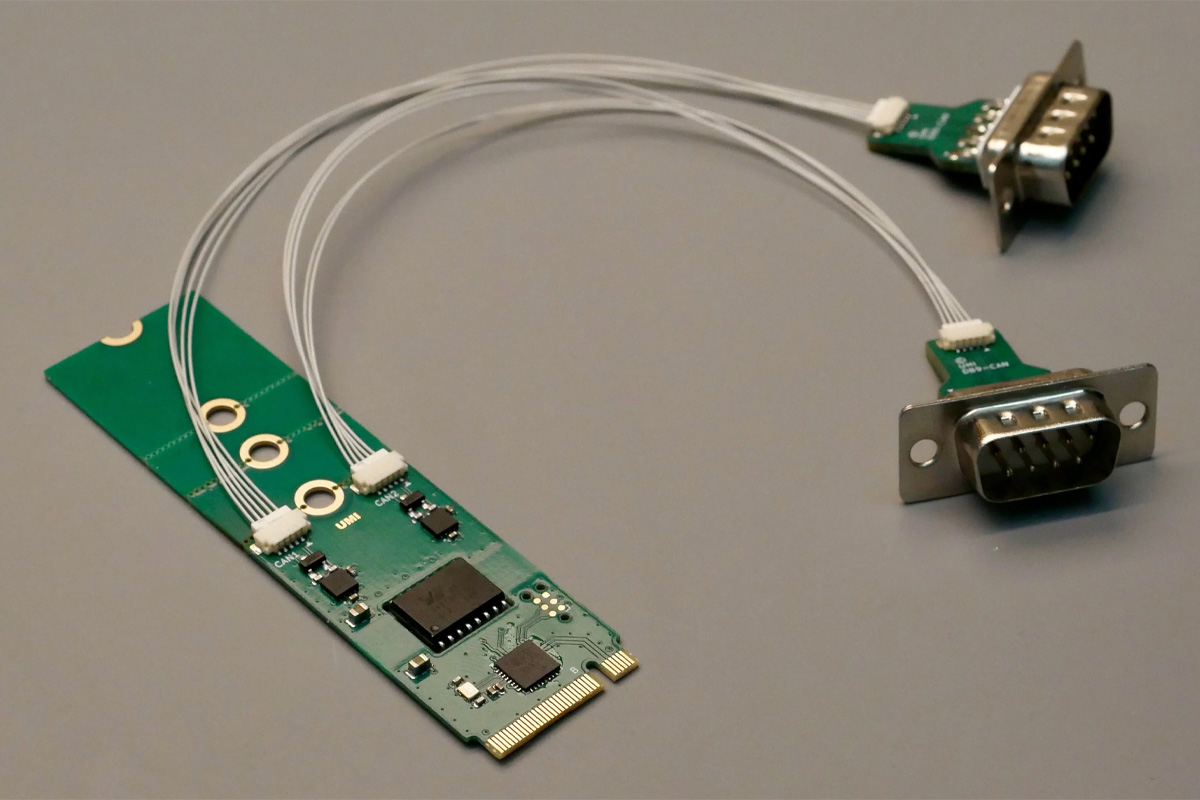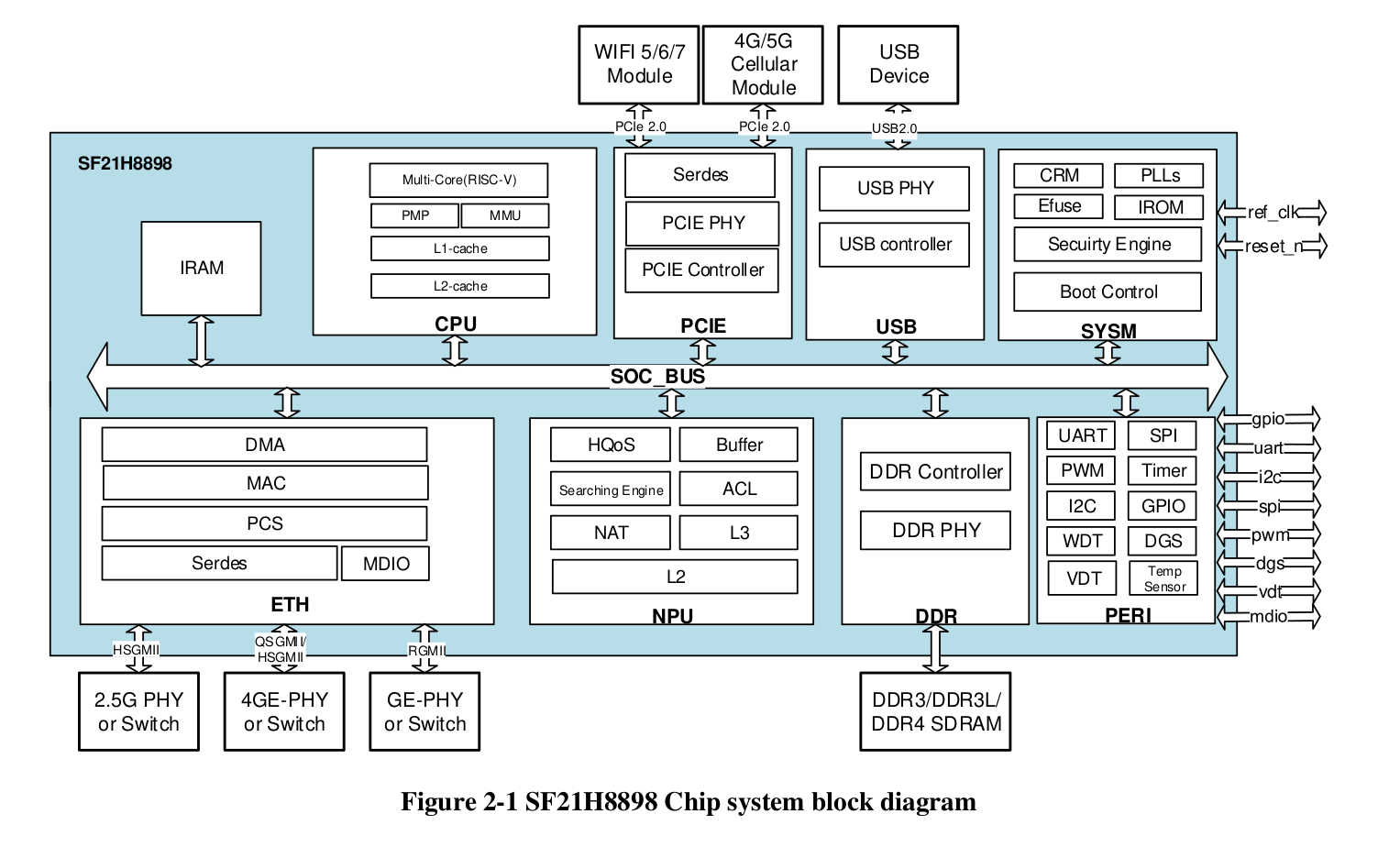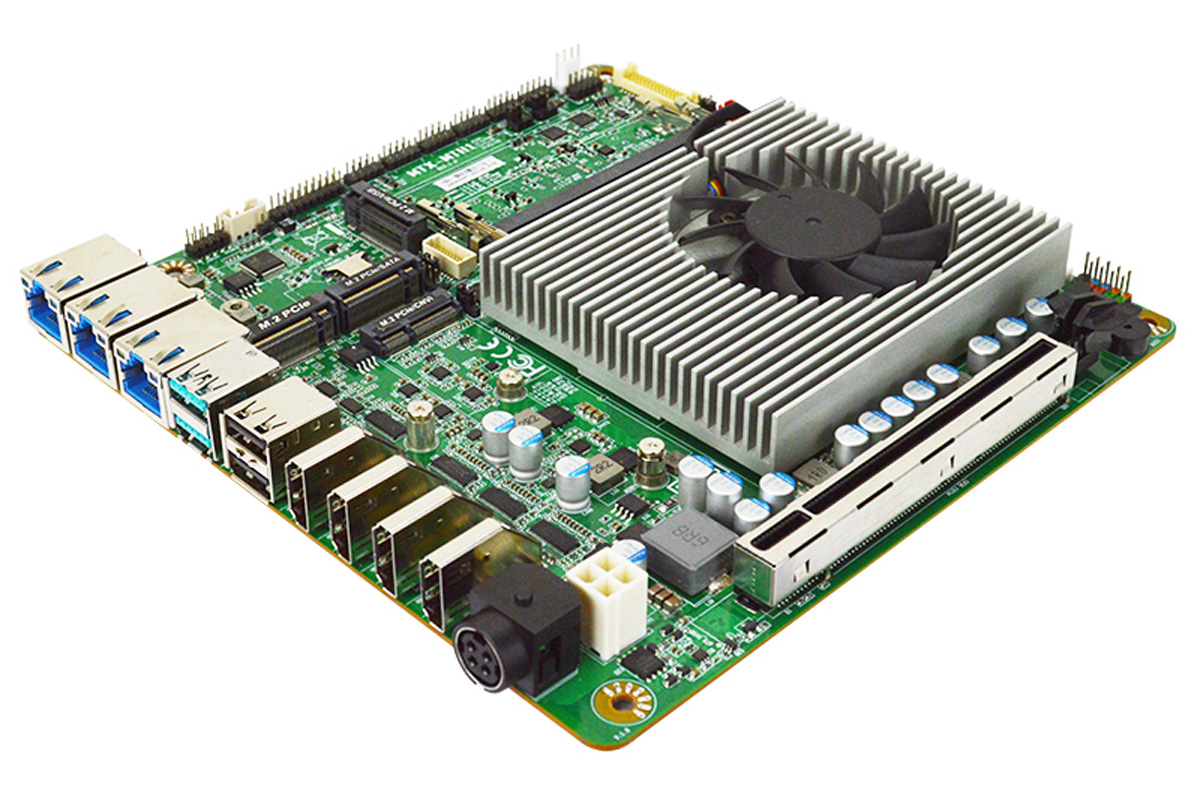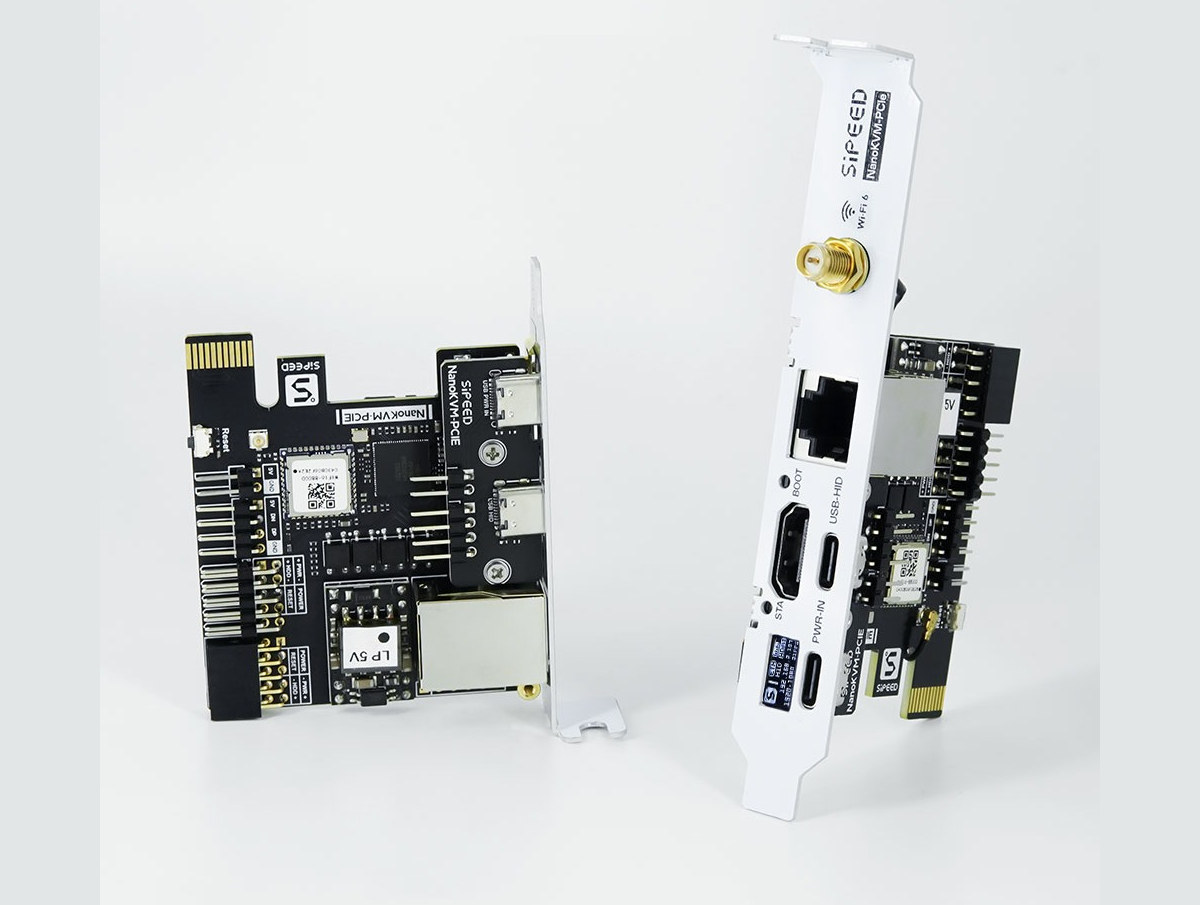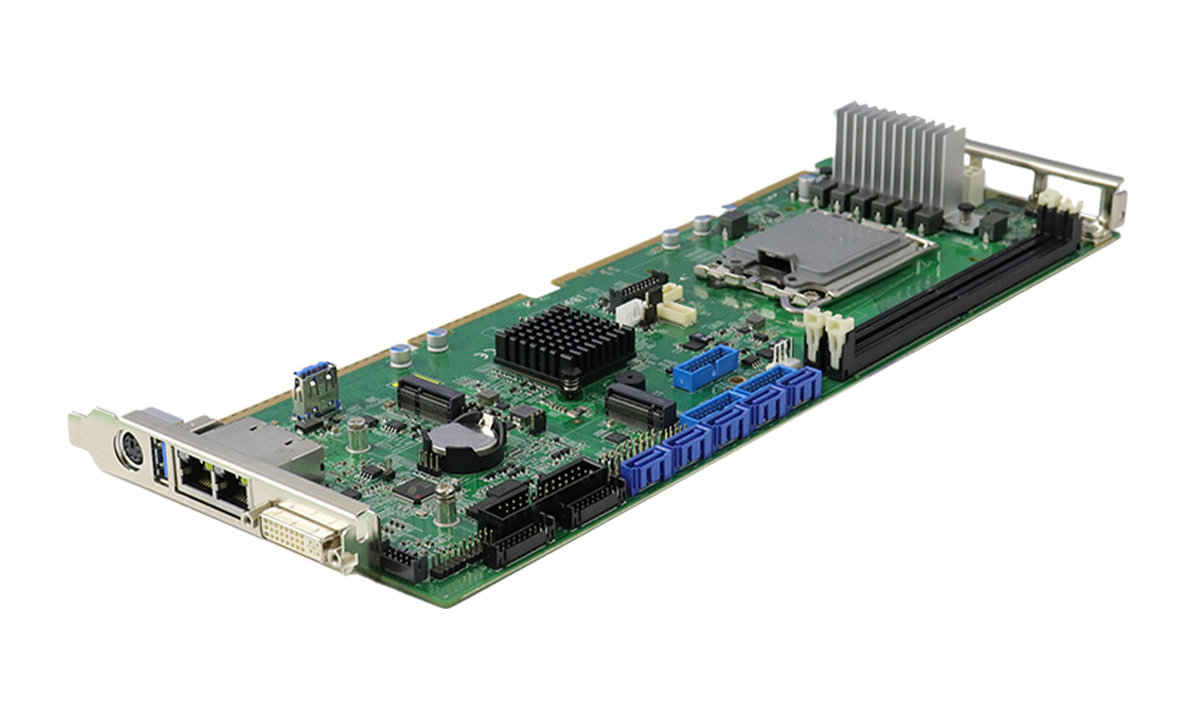We’ve already covered Raspberry Pi HAT+ boards with multiple M.2 sockets with various keyings including the Geekworm X1004 HAT+, Pineboards HatDrive! AI, and HatDrive! Dual with two sockets, and the Geekworm X1011 with four M.2 Key-M sockets. So when I saw Seeed Studio introduced a dual M.2 HAT+ board I initially thought it was uninteresting being a very similar board. However, all aforementioned PCIe to M.2 HAT+ boards are based on either the ASMedia ASM1182e or ASM1184e PCIe Gen2 x1 packet switches with 5GT/s shared bandwidth, and Seeed Studio’s PCIe3.0 to Dual M.2 HAT+ for Raspberry Pi 5 features instead an ASMedia ASM2806 PCIe 3.0 switch supporting up to 8GT/s shared bandwidth through the Raspberry Pi 5’s PCIe Gen3 x1 interface. Seeed Studio PCIe 3.0 to Dual M.2 HAT+ key features and specifications: Supported SBC – Raspberry Pi 5 and potentially other SBCs with a PCIe FFC connector like the […]
Linux 6.13 Release – Main changes, Arm, RISC-V, and MIPS architectures
Linus Torvalds has just announced the release of Linux 6.13 on the Linux Kernel Mailing List: So nothing horrible or unexpected happened last week, so I’ve tagged and pushed out the final 6.13 release. It’s mostly some final driver fixes (gpu and networking dominating – normal), with some doc updates too. And various little stuff all over. The shortlog is appended for people who want to see the details (and, as always, it’s just the shortlog for the last week, the full 6.13 log is obviously much too big). With this, the merge window for 6.14 will obviously open tomorrow. I already have two dozen pull requests pending – thank you, you know who you are. Linus Release about two months ago, Linux 6.12 – the new LTS version – brought us real-time “PREEMPT_RT” support that had always required out-of-tree patchsets until now, the completion of the EEVDF (Earliest Eligible […]
Intel Core Ultra 200S/200U/200H-powered COM-HPC Client modules support up to 192GB DDR5 memory, PCIe Gen5
Portwell PCOM-B887 and PCOM-B886 are two new COM-HPC client modules built around Intel Core Ultra 200S/200U/200H processors delivering high-performance computing and AI acceleration for industrial, edge, and AI-driven applications. The Portwell PCOM-B887 (Size C) module is built around the 200S Series, offers up to 36 TOPS, supports 192GB DDR5 memory, and features 42 PCIe lanes up to Gen5. The PCOM-B886 (Size B) module supports 200H/200U Series processors, which deliver up to 99 TOPS, support 96GB DDR5 memory, and include 24 PCIe lanes. Both modules feature various I/O options, including USB4, USB3.2 Gen2, and multiple display outputs. Portwell PCOM-B887 – COM-HPC Client Type Size C module The PCOM-B887 COM-HPC Client Type Size C module is powered by Intel Core Ultra 200S Series processors, which feature up to 36 TOPS of AI performance via an integrated neural processing unit (NPU). It supports up to 192GB of DDR5 memory at 4800MT/s with 42 […]
M.2 CAN FD adapter adds CAN Bus support to hosts with a spare M.2 Key-B socket
Designed by Universal Machine Intelligence, the M.2 CAN FD adapter is an M.2 to CAN FD converter board that brings two high-speed CAN FD interfaces to projects requiring reliable high-speed communication. It is an M.2 B-key card with a slim form factor and a breakaway design that supports slot lengths like 2242, 2252, 2260, and 2280. The adapter supports CAN FD and CAN 2.0B protocols with speeds up to 5Mbit/s and includes functional isolation between the host and CAN bus for additional safety. Additional features include a built-in network termination switch with split termination, ultra-low power consumption, and compatibility with 12V, 24V, and 48V systems. Designed for industrial environments, this adapter is ideal for applications like industrial monitoring and control, robotics, production line automation, hardware-in-the-loop testing, remote system access, data logging, and embedded computing. M.2 CAN FD adapter specifications: CAN Bus CAN channel – Dual-channel CAN interfaces that are independent […]
Siflower SF21H8898 is a quad-core 64-bit RISC-V SoC for industrial gateways, routers, and controllers
Siflower SF21H8898 SoC features a quad-core 64-bit RISC-V processor clocked at up to 1.25 GHz and a network processing unit (NPU) for handling traffic and is designed for industrial-grade gateways, controllers, and routers. The chip supports up to 2GB DDR3, DDR3L, or DDR4 memory, offers QSGMII (quad GbE), SGMII/HSGMII (GbE/2.5GbE), and RGMII (GbE) networking interfaces, and USB 2.0, PCIE 2.0, SPI, UART, I2C, and PWM interfaces. Siflower SF21H8898 specifications: CPU – Quad-core 64-bit RISC-V processor at up to 1.25 GHz Cache 32KB L1 I-Cache and 32KB L1 D-Cache per core Shared 256 KB L2 cache Memory – Up to 2GB 16-bit DDR3/3L up to 2133Mbps or DDR4 up to 2666Mbps Storage – NAND and NOR SPI flash support Networking 1x QSGMII interface (Serdes 5Gbps rate) for 4x external Gigabit Ethernet PHYs 1x SGMII/HSGMII interface (Serdes1.25/3.125Gbps rate) supporting Gigabit and 2.5Gbps modes 1x RGMII interface for Gigabit Ethernet 1x MDIO interface […]
Jetway MTX-MTH1 thin Mini-ITX SBC features Intel Core Ultra 5/7 SoC, three 2.5GbE, four HDMI 2.1, PCIe Gen5 x8 slot
Jetway MTX-MTH1 is a thin industrial Mini-ITX SBC built around Intel Core Ultra 5/7 Meteor Lake processors with Intel Arc Graphics and support for up to 96GB of DDR5 memory. The most interesting features of this compact board are the three 2.5GbE jacks and four HDMI 2.1 video outputs for 4K and 8K displays. Additionally, it features multiple USB ports, a PCIe Gen 5 x8 slot, M.2 slots for storage and 4G LTE/5G, serial ports, and GPIO interfaces. With industrial environmental tolerance (-20°C to 60°C) this thin Mini-ITX motherboard is ideal for industrial automation, AI processing, edge computing, and embedded systems. Jetway MTX-MTH1 specifications: SoC (one or the other) Intel Core Ultra 7 Processor 155H (Meteor Lake, TDP 28W) with Intel Arc Graphics Intel Core Ultra 5 Processor 125H (Meteor Lake, TDP 28W) with Intel Arc Graphics System Memory – 2x DDR5 5600MHz SO-DIMM, up to 96GB Storage SATA III […]
Sipeed NanoKVM-PCIe is an inexpensive KVM over IP solution with optional WiFi 6 and PoE support
Sipeed NanoKVM-PCIe is a variation of the NanoKVM KVM-over-IP solution introduced last summer, but instead of being a tiny Cube with USB-C power, the new model can be powered through the PCIe slot from the host (as well as USB-C) and adds optional WiFi 6 and PoE functionality. While it’s not based on the LicheePi Nano SBC like the NanoKVM, it relies on the same SOPHGO SG2002 RISC-V/Arm/8051 SoC and offers many of the same ports in a different form factor including 10/100Mbps Ethernet, two USB-C ports one for HID, the other for power, a small OLED information display, and an HDMI input port supporting up to 1080p60. NanoKVM-PCIe specifications: SoC – SOPHGO SG2002 Main core – 1GHz 64-bit RISC-V C906 or Arm Cortex-A53 core (the latter is likely not used here) Minor core – 700MHz 64-bit RISC-V C906 core Low-power core – 25 to 300MHz 8051 MCU core VPU […]
iBASE IB996 full-size PICMG 1.3 CPU card features Intel Q670E chipset, supports 12th to 14th Gen Intel Core desktop processors
The iBASE IB996 full-size PICMG 1.3 CPU card, built on the Intel Q670E chipset, supports 12th to 14th Gen Intel Core desktop processors. It is designed for industrial and embedded applications with dual 2.5GbE LAN, DDR5 support, and extensive I/O options including PCI and PCIe x16 interfaces. We haven’t covered this type of card on CNX Software before, so some basic explanations are needed. PICMG 1.3, or SHB Express, is an industrial standard for System Host Boards (SHBs) supporting PCIe, PCI, and PCI-X interfaces first ratified in 2005 (PCIMG 1.0). It uses a backplane to separate the processing unit from I/O, enabling modular design and easy integration. Commonly used in industrial automation, medical systems, and embedded computing, it ensures compatibility and scalability for high-performance applications. iBASE IB996 CPU card specifications: Supported SoC – 14th, 13th, and 12th Gen Intel Core i9/i7/i5/i3 desktop processors (LGA1700 socket) based on the Raptor Lake-S […]


